Economic Compulsion and Christian Ethics
Markets can often be harsh in compelling people to make unpalatable economic choices any reasonable person would not take under normal conditions. Thus, workers laid off in mid-career accept lower-paid jobs that are beneath their professional experience for want of better alternatives. Economic migrants leave their families and cross borders (legally or illegally) in search of a livelihood. These are examples of economic compulsion. These economic ripple effects have been virtually ignored in ethical discourse because they are generally accepted to be the very mechanisms that generate the market's much-touted allocative efficiency. Albino Barrera argues that Christian thought on economic security offers an effective framework within which to address the consequences of economic compulsion.
{{comment.content}}
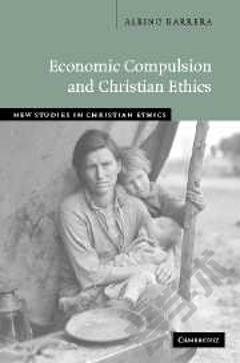
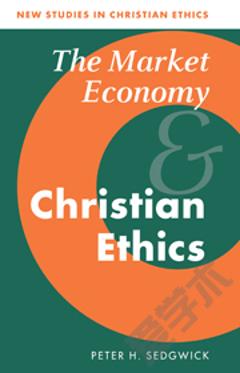
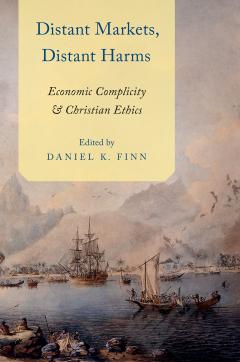

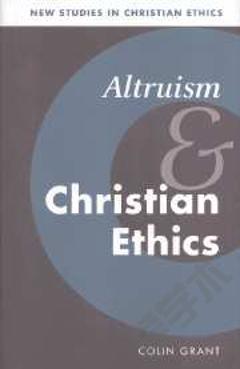
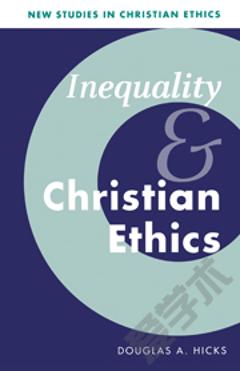


 京公网安备 11010802027623号
京公网安备 11010802027623号